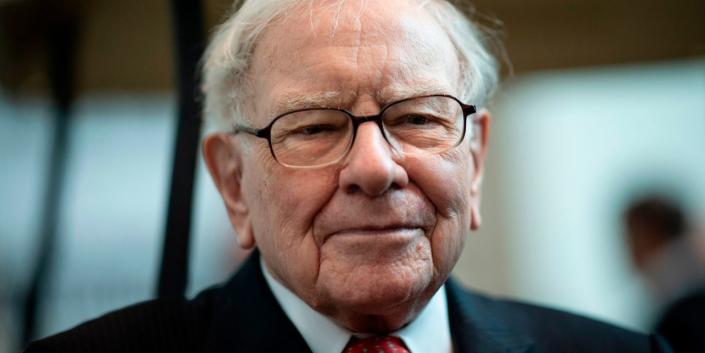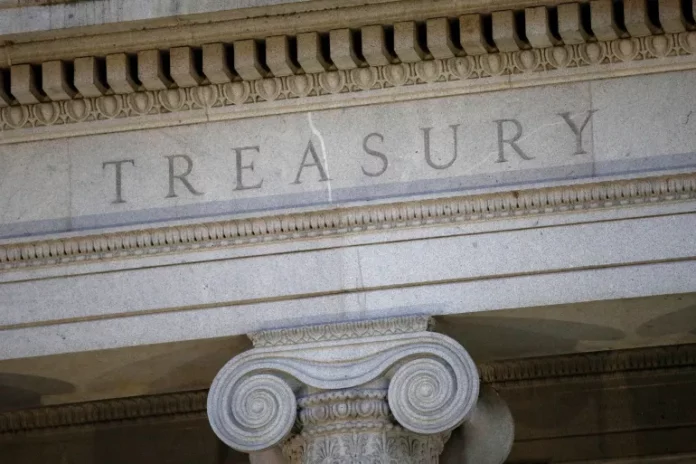Warren Buffett, the legendary CEO of Berkshire Hathaway, recently made headlines as he revealed significant details about his will and succession plan in a letter posted on the Berkshire website. At 93, Buffett expressed his confidence in the company’s future and the capable individuals chosen to lead after him. Let’s delve into the key insights from this revelation.
Buffett’s Generosity Knows No Bounds
In a remarkable act of philanthropy, Buffett donated a staggering $866 million of Berkshire stock to four family philanthropies. This gesture provides a glimpse into his commitment to giving back and, notably, the substantial contributions to the Bill and Melinda Gates Foundation. Buffett’s philanthropic efforts, initiated in 2006, showcase a significant portion of his wealth dedicated to societal betterment.
Succession Planning Unveiled
Buffett, in his letter, alluded to the metaphorical “extra innings” in his career, emphasizing the importance of a well-thought-out succession plan. Greg Abel, Berkshire’s vice chairman overseeing non-insurance businesses, emerges as the likely successor. This strategic move indicates Buffett’s confidence in Abel’s ability to carry forward the company’s legacy.
Executors and Trustees: Buffett’s Three Children
A notable revelation in the letter is the identification of Buffett’s three children—Howard, Susan, and Peter—as the executors of his will. They will also serve as trustees of the charitable trust set to receive the majority of his wealth. Buffett, in his characteristic straightforwardness, admits that his children were not fully prepared for this responsibility in 2006 but asserts their readiness now.
Wealth Distribution Philosophy: Beyond Dynastic Wealth
Buffett’s philosophy on wealth distribution becomes evident as he expresses a disdain for dynastic wealth. The testamentary trust he envisions is designed to be self-liquidating over a decade, with minimal staffing. Unlike traditional philanthropic foundations, Buffett aims for a swift distribution of his wealth, maximizing its impact shortly after his demise.
Berkshire’s Future: Built to Last
Reflecting on his business and giving philosophy, Buffett underscores Berkshire’s distinctive characteristics. With a lean headquarters staff in Omaha, he emphasizes the company’s resilience and the need for the right CEO and Board of Directors. The assurance that Berkshire has been built to last echoes Buffett’s commitment to enduring success.
Capitalism and Wealth: A Shared Belief
Buffett, along with his children, shares a belief in the limitations of wealth. Despite the acknowledged disparities inherent in capitalism, they recognize its wonders and its continuing positive impact. Berkshire’s role as a diversified powerhouse in the global market aligns with their perspectives on wealth and influence.
Berkshire’s Reputation: A Long-Term Perspective
Buffett acknowledges the short-term support his substantial holdings provide to Berkshire’s distinctive characteristics. However, he emphasizes the importance of the company earning its reputation over time. In a world where decay is possible in large institutions, Buffett expresses confidence in Berkshire’s enduring nature.
Openness and Transparency: A Simple Will
In a departure from conventional practices, Buffett assures transparency in the disposition of his assets. Rejecting imaginative trusts or foreign entities, he opts for a simple will available for public inspection at the Douglas County Courthouse. This commitment aligns with his distaste for bureaucracy and a preference for openness.
Conclusion
Warren Buffett’s recent letter provides a rare insight into the mind of one of the world’s most successful investors and philanthropists. His strategic donation, succession plan, and transparent approach to wealth distribution reflect a unique perspective on legacy and impact.
FAQs
- Why did Warren Buffett choose his children as executors?
- Buffett believes in the readiness and capability of his children to handle the responsibility.
- What is the significance of the self-liquidating trust?
- It reflects Buffett’s desire for a swift distribution of wealth to maximize its impact.
- Why did Buffett choose Greg Abel as his likely successor?
- Abel’s role in non-insurance businesses and Buffett’s confidence in his leadership qualities played a crucial role.
- How does Buffett view capitalism despite its weaknesses?
- Buffett acknowledges capitalism’s disparities but recognizes its wonders and positive impact.
- What sets Berkshire apart in terms of reputation?
- Buffett emphasizes the company’s distinctive characteristics and the importance of the right leadership.



